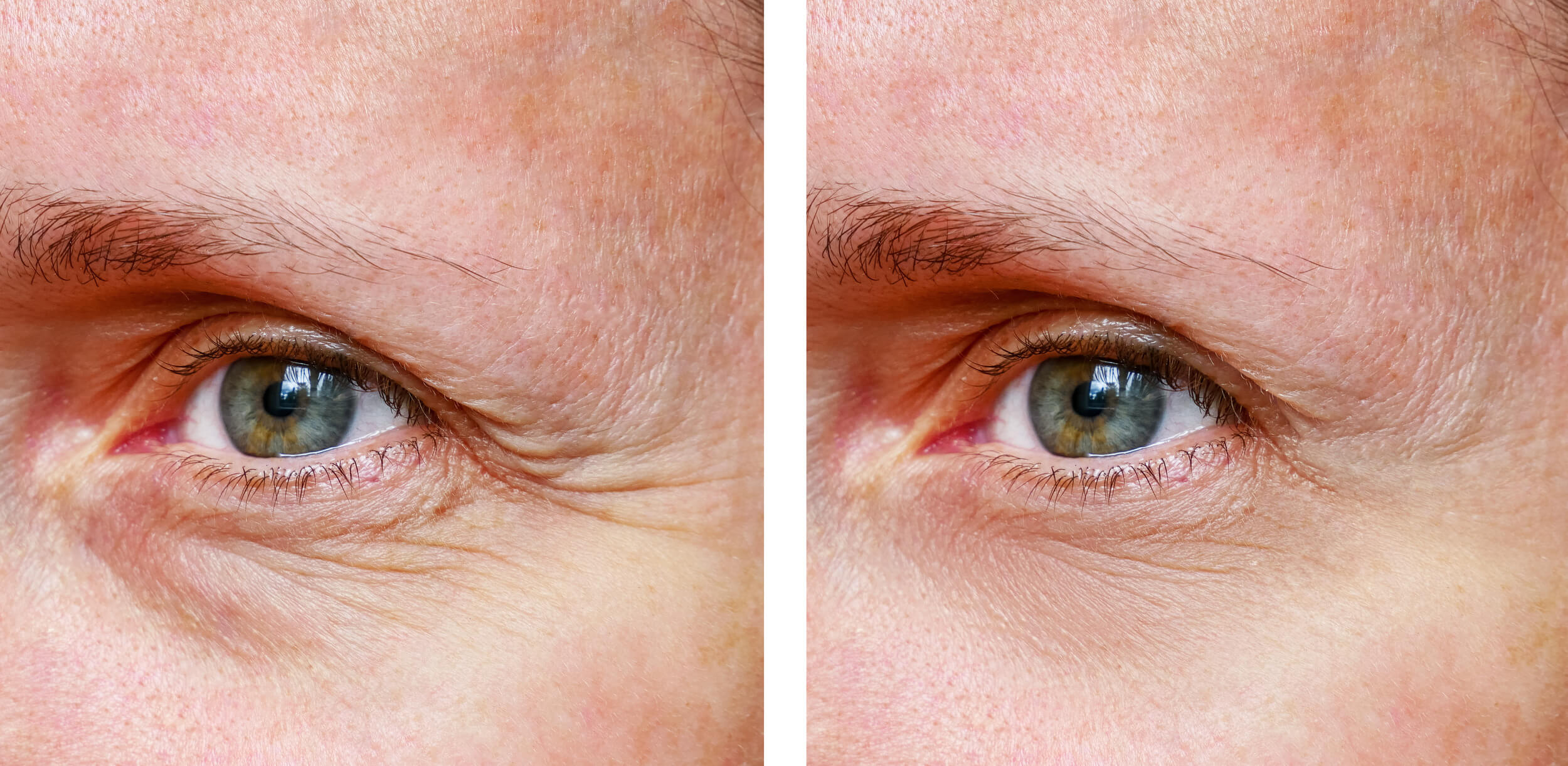Have you ever felt a small ache, a strange shift in energy, or a change in your sleep and brushed it off? The body rarely stays silent when something is starting to go wrong. Instead, it sends out early signals—little warnings that are easy to overlook when life gets busy.
Those body’s early signals can show up in surprising ways, from nagging fatigue to changes in digestion or mood. They don’t always mean something serious, but they are worth noticing.
By learning the signs that matter most, you can step in before small issues turn into bigger ones. Here are 10 important areas where your body often speaks up first—and why listening now can protect your health later.
Why Paying Attention Early Matters
Little changes in your body can be easy to ignore, but they often show up before bigger problems. Catching these early can help you act sooner, get relief faster, and avoid health issues that may be harder to manage later.
It’s important to remember: small symptoms don’t always mean you’re sick. They might just be your body telling you it needs better sleep, healthier food, or less stress. Still, dismissing them without a second thought isn’t the best choice.
Here’s why noticing early matters:
- Small fixes can often stop problems from growing.
- Quick action lowers your risk of serious illness.
- Paying attention gives you more control over your health.
Think of these signs as a quiet nudge to check in with yourself. The next sections show 10 common areas where your body may be sending early warnings.
1. Heart and Circulation Signals
Your heart works hard every day, and it’s often one of the first places to show early warnings.
What’s Happening
- Shortness of breath even from light activity like climbing stairs.
- Chest tightness, heaviness, or a fluttering heartbeat.
- Swelling in ankles or feet, pointing to circulation trouble.
What to Do
- Move daily with walking, cycling, or swimming to keep blood flowing.
- Focus on heart-healthy meals with fruits, vegetables, lean protein, and less salt.
- Monitor blood pressure at home.
- Talk to a doctor if symptoms come back often or get worse.
Caring for your heart early lowers the chance of high blood pressure or heart disease later. Every small choice—like cutting back on salt or staying active—makes a difference in keeping your circulation strong.
2. Bone, Joint, and Muscle Warnings
Strong bones and flexible muscles keep you moving, but they also send early hints when wear and tear begins.
What’s Happening
- Stiffness in the morning or after sitting for long stretches.
- Joints that crack or pop with discomfort.
- Grip that feels weaker, making it harder to carry or open items.
What to Do
- Add calcium and vitamin D to your meals with foods like dairy, salmon, and leafy greens.
- Try simple weight-bearing exercises such as walking or light strength training.
- Stretch daily to keep muscles loose and joints flexible.
These small habits protect against bone loss, arthritis, and falls. The earlier you act, the longer you’ll stay mobile and independent.
3. Digestive Clues You Shouldn’t Ignore
The digestive system is quick to show when something isn’t working smoothly.
What’s Happening
- Ongoing constipation or diarrhea.
- Heartburn that doesn’t go away with simple changes.
- Bloating or stomach pain after meals.
What to Do
- Boost fiber with whole grains, beans, vegetables, and fruit.
- Drink enough water throughout the day.
- Cut back on greasy meals, alcohol, and heavily processed snacks.
Most digestive issues improve with better diet and hydration, but if problems keep returning, don’t ignore them. Early attention can rule out reflux, food sensitivities, or more serious conditions.
4. Bladder and Urinary Tract Red Flags
The bladder may not get much thought until problems show up, but early signs are worth noticing.
What’s Happening
- Getting up often at night to urinate.
- Pain or burning when passing urine.
- Leaks during sneezing, coughing, or laughing.
What to Do
- Maintain a healthy weight to reduce bladder strain.
- Practice Kegel exercises to strengthen pelvic muscles.
- Limit caffeine, alcohol, and acidic foods that irritate the bladder.
Frequent or painful urination should never be brushed aside. Acting early can prevent infections and help avoid long-term bladder problems.
5. Brain and Memory Signals
The brain also gives quiet hints when it needs care.
What’s Happening
- Forgetting names or misplacing items more often.
- Difficulty focusing on simple daily tasks.
- Feeling mentally slower or easily stressed.
What to Do
- Challenge your mind with puzzles, books, or learning a new skill.
- Keep blood sugar, cholesterol, and blood pressure in a healthy range.
- Stay social—conversation and laughter protect memory.
While some forgetfulness is normal, repeated struggles should be taken seriously. Supporting your brain early helps maintain focus, memory, and independence.
6. Eyes and Vision Warnings
Eyesight changes may creep in slowly, but the signs can be easy to spot.
What’s Happening
- Blurry vision when reading or using your phone.
- Trouble handling glare from headlights or bright lights.
- Slower adjustment moving between bright and dark areas.
What to Do
- Schedule regular eye exams.
- Wear sunglasses with UV protection outdoors.
- Keep blood sugar in check, since diabetes can harm vision.
Noticing early vision problems allows treatment before they interfere with daily life. Healthy eyes help keep you safe, independent, and active.
7. Ears and Hearing Changes
Hearing loss often starts quietly, with simple changes that are easy to miss.
What’s Happening
- Turning up the TV volume more than usual.
- Struggling to follow conversations in noisy settings.
- Ringing in the ears, also known as tinnitus.
What to Do
- Use earplugs in loud environments.
- Ask for a hearing test if you notice changes.
- Consider hearing aids or other tools if needed—they prevent strain and isolation.
Addressing hearing changes early helps you stay connected with family and friends without frustration.
8. Skin and Hair Signs
Skin and hair can also show warning signs worth paying attention to.
What’s Happening
- Sudden rashes, spots, or new moles.
- Dry, itchy skin that doesn’t improve.
- Thinning hair or brittle nails.
What to Do
- Drink plenty of water and keep skin moisturized.
- Protect your skin with sunscreen daily.
- Eat nutrient-rich foods like nuts, fish, and colorful fruits.
Catching these changes early helps spot conditions such as skin cancer, allergies, or deficiencies before they grow more serious.
9. Sleep and Energy Shifts
Energy levels are one of the clearest signs when something is off.
What’s Happening
- Feeling drained even after a full night’s sleep.
- Sudden tiredness during the day.
- Loud snoring or pauses in breathing at night.
What to Do
- Keep a steady sleep routine.
- Avoid caffeine and screens close to bedtime.
- Ask about a sleep study if fatigue doesn’t improve.
Better rest supports every part of health. Listening to these early changes may point out conditions like sleep apnea or stress before they worsen.
10. Emotional and Mood Signals
Your emotional health also matters, and mood shifts are often part of the body’s early signals.
What’s Happening
- Mood swings or irritability without clear reason.
- Loss of interest in hobbies or social time.
- Ongoing worry, sadness, or hopelessness.
What to Do
- Talk with friends or family about what you’re feeling.
- Practice stress relief with journaling, breathing, or gentle activity.
- Reach out for professional support if changes affect your daily life.
Caring for your emotional health early helps protect both your mind and body.
Pulling It All Together
Your body rarely stays quiet when something’s off—it often whispers before it shouts. Paying attention to those early nudges helps you act before problems grow.
Here’s the simple truth:
- Small symptoms are often easier to manage early.
- Consistent habits can prevent serious illness.
- Ignoring repeated signs may lead to bigger challenges later.
By staying alert to these body’s early signals, you give yourself the chance to take control of your health. Whether it’s your heart, brain, digestion, or mood, every system has a way of asking for care. The sooner you respond, the better you can protect your long-term well-being.















